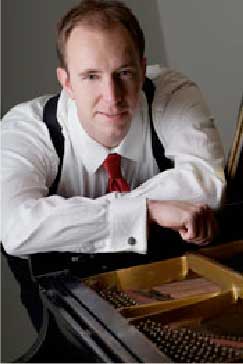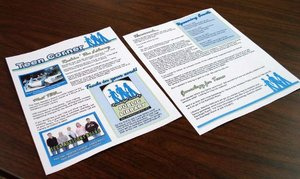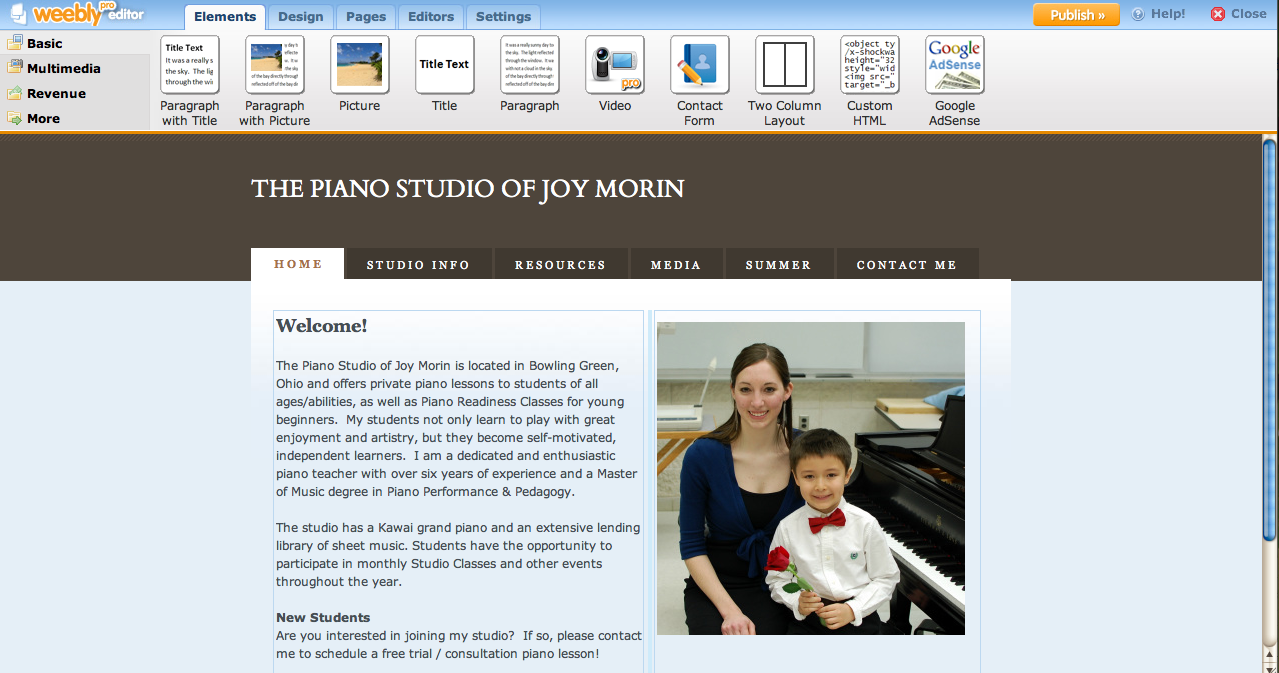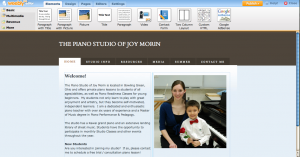After attending the mass Keynote Address, I headed to the sessions for the pre-conference track called, “Students and Young Professionals.” It began with a panel discussion moderated by Martha Hilley.
Developing from Student to Professional: A Practical Overview, moderated by Martha Hilley.
The were 4 contributors, who each spoke on a topic.
 1. Practical Networking: I know why, when, and where — now tell me how, by Courtney Crappell.
1. Practical Networking: I know why, when, and where — now tell me how, by Courtney Crappell.
Dr. Crappell discussed practical networking. The key to successful networking is to be genuinely interested in other people! We sometimes tend to be self-centered, especially in places with new people like conferences.
Another key to successful networking is in the preparation. This requires some thought in advance: how do you want to market yourself? Create an elevator pitch that talkes about your goal as a piano teacher. It should be something short but intriguing that could start a conversation. An elevator speech contains a problem, solution, and a personal role.
Presentation is also important, but perhaps even more so is the follow-through. Make sure you have business cards with you at all times so you can easily exchange information with others. As you meet new people, you can even write things on their business cards afterwards to help you remember who’s who. And send people an email after you meet them. You never know what kind of opportunities may arise in the future just from having some connections with other people. Networking is important! Continue reading “NCKP 2011 | (2) Developing from Student to Professional (Panel Discussion)”














